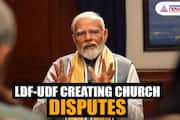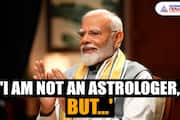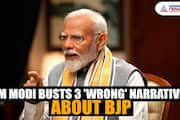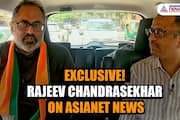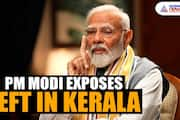Trust deficit with the US cramps India’s Afghanistan strategy

President Donald Trump has added yet another play in the never ending great game by reportedly deploying 5,000 additional US troops in Afghanistan.
On the face of it, the President’s approach of giving India a greater role in “stabilizing” Afghanistan is a diplomatic breakthrough that opens up a strategic flank for India vis a vis Pakistan. However the devil as usual is in the detail.
On the Afghanistan question there is a large trust deficit between New Delhi and Washington. India is unsure of the US commitment towards a joint role and suspicious that US may cut a deal mid way either with Pakistan or indeed the so called “good” Taliban. There is the additional problem that India does not believe that the US will strike across the Durand line into Pakistan to takeout terror camps and dismantle the Haqquini network – which has killed the maximum number of Americans in Afghanistan. India knows that without a cross border strategy the US will only achieve incremental success around Kabul and will not be in a position to achieve its goals of a stable Afghanistan.
For this policy to succeed therefore Trump will have to walk the talk. There are no easily alternatives. There seems to be seriousness in taking on Pakistan and calling the bluff of its nuclear weapon shield behind which it protects terror groups. This will call for dramatic action quickly to signal that this time America means business.
The US has made it clear that for India to be a true regional power it will have to take greater responsibility – and risk – in Afghanistan. The US wants India to do three things – train more afghan troops, put in more roads schools and hospitals that will build goodwill for the tottering Afghan regime and supply vitals like medicines to that country. India has already spent $3 billion in Afghanistan over the last decade and will have to spend at least that much more for a meaningful role. For its part US will need to ensure that Pakistan allows transit for this aid. For without such an opening geography will constrain Indian economic efforts.
Pakistan’s choices
Pakistan faces difficult times. Its worst nightmare is a two front deployment on full alert. The problem for Rawalpindi is that Trump is massively unpredictable. Combined with Drones, complete air superiority and an apparent American willingness to dismantle the Haqqini network - Pakistan will be hard pressed to continue its double game.
Pakistan has great leverage in Afghanistan primarily because elements in its Army and intelligence believe that radical Islamic terror groups like Taliban and indeed some elements of the Islamic state provide it with strategic depth. In Peshawar and Quetta Pakistan nurtures terror groups that provide arms, men and intelligence operations undermining American role in Afghanistan. The key question is can Pakistan continue to feel blasé about its cross border sanctuaries? If not what will it take to confront increasing American pressure?
One alternative is an unlikely partnership between Russia and Pakistan to counter American influence. Russia has made it clear that it is willing to work with Pakistan and the “good” Taliban. Moscow has also provided Pakistan with Mi17 transport helicopters. Clearly Pakistan hopes that it can counter US pressure with a partnership of Russia and Iran. There are twin risks for Pakistan in this gambit. For one thing Shia Iran may not want to go along and for another Trump could yet make a deal with Russia and undercut Pakistan. The coming winter could well be a turning point for Pakistan’s long term strategy in its perceived backyard.
The additional American troops will mean little without a coherent strategy to take on Pakistan’s assistance to the Afghan Taliban and other disruptive elements. The US will have to dramatically up the stakes and dismantle terror camps in Pakistan thereby challenging Pakistan’s powerful Army. Without this the whole “new” Afghan strategy sounds like déjà vu – all over again!
Ninad D Sheth@ninadsheth is a senior Delhi-based journalist. The views expressed in this article are his own.











